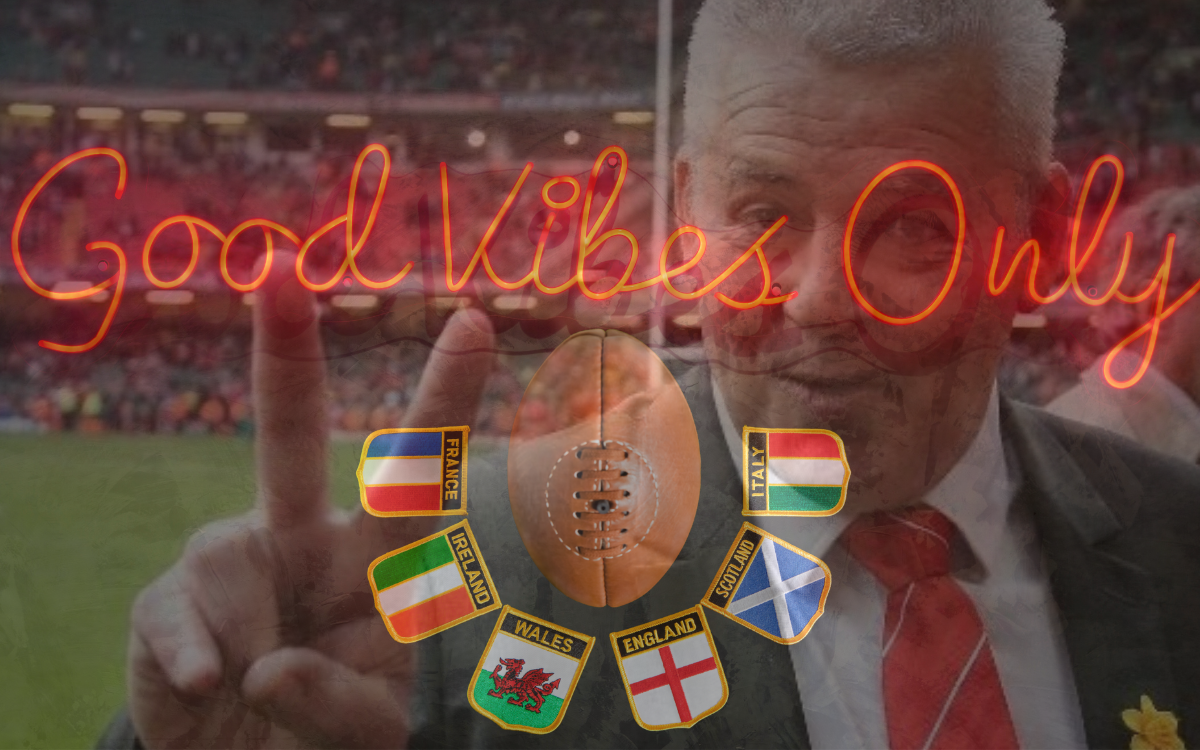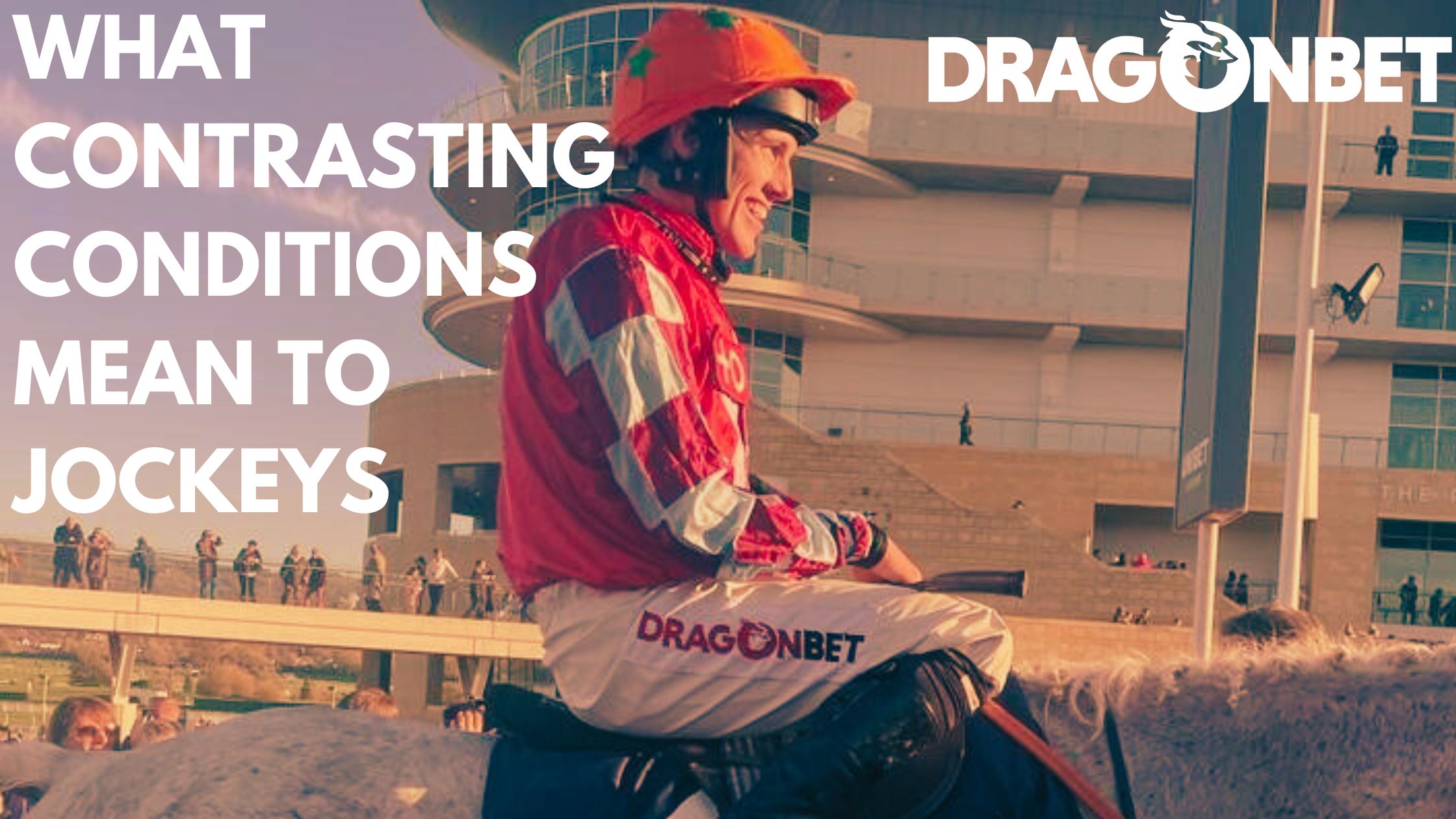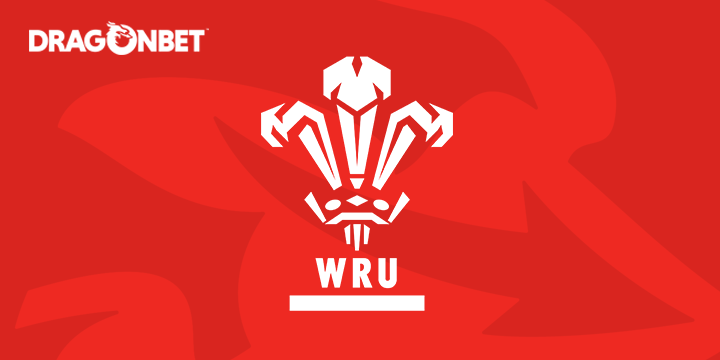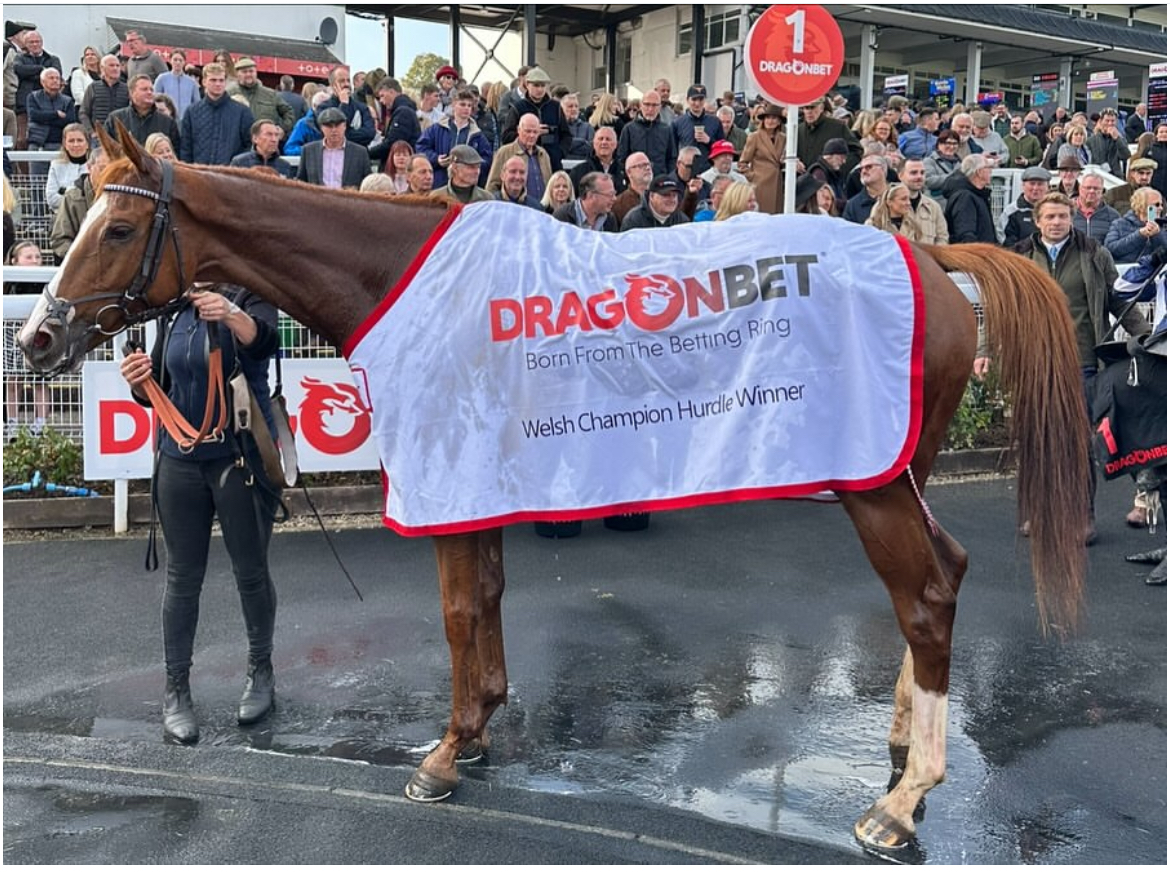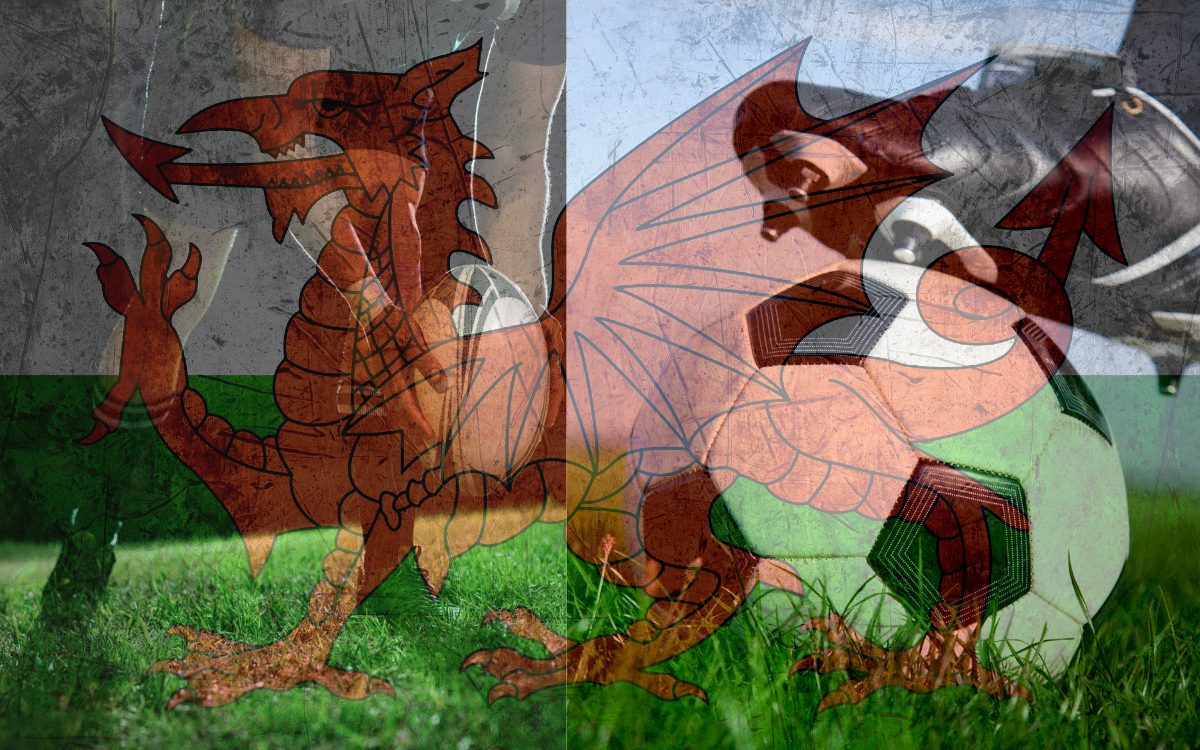By Graham Thomas
There was something missing when Warren Gatland this week named his Wales squad for the upcoming Six Nations.
Not the missing players, such as Gareth Anscombe, Rio Dyer, Cam Winnett and Max Llewellyn who many, clearly, expected to be included.
Or even those absent through injury, such as Dewi Lake, Adam Beard, Ryan Elias, Sam Costelow and Mason Grady.
No, what was most strikingly absent was any discussion of the Six Nations.
The two words were hardly mentioned by the Wales coach, who instead offered plenty of reference to the 2027 World Cup.
So, there was talk of Gloucester’s Anscombe being an unlikely participant at that tournament by which time he will be 36 years old.
There was also a chin-wag about the last World Cup and how it’s important – says Gatland – for Wales to be building depth between tournaments.
“In recent years, we probably haven’t brought in enough players underneath and developed some strength in depth,” said the New Zealander.
“We got caught out by that after the World Cup last year. That’s something we’re mindful of.
“With a country like Wales and being so small in terms of numbers and strength in depth, we’ve tried to work from World Cup cycle to World Cup cycle.”
This stress on the 2027 World Cup – rather than the 2025 Six Nations – only really makes any sense when it’s examined in the context of what has happened on and off the field over the past 12 months.
Out on the pitch, Gatland has presided over the worst sequence of results in the country’s history – 12 straight defeats.
That run prompted a Welsh Rugby Union review just before the end of the year, which, in turn, was interpreted by chief executive Abi Tierney as evidence that Gatland should remain in charge.
Tierney has since said that there must be signs of progress during the Six Nations . . . or else. But, notably, she has refused to quantify what progress means when it comes to wins, losses, or final standings in the tournament.
Clearly, Gatland – being a shrewd and canny operator – realises that results are not a particularly big deal here.
If they were, he would already have been sacked.
No, what matters is far more nebulous, vague stuff – things that are usually labelled as “development” or “broadening the base” or “building for the future”.
Gatland knows his best hope of keeping his job is to shift the ground from discussion about results, to talk about “cycles” and “opportunities” – feelgood stuff that no-one can pin him down on.
Never mind the scoreline, feel the pride.
With that in mind, he has picked a “feelgood” squad with plenty of youngsters in key positions like Dan Edwards at outside-half, wing Ellis Mee and heart-on-their-sleeves grafters like Dafydd Jenkins and Teddy Williams.
It’s “vibes” rugby. Like much else in life these days, facts are no longer king. It’s all about how you feel.
Wales may lose in Paris, then Rome, then to Ireland, Scotland and England. But then they have been doing that for over a year, anyway.
Gatland knows that what will sway Tierney and most of the board is public mood. So long as Wales show something he can hang his hat on as evidence of a bright future – a thrilling, if ultimately unsuccessful comeback, a brave last-ditch period of defence, a line-out drive here or a heroric scrum or two there – then that’s the currency he is content to trade in.
Winning? That’s for further down the road – like at the 2027 World Cup.
This strategy offers him a far better chance of staying in the job than to be ordered to achieve victories in at least two matches.
But as much as it depends on Tierney, it also rests on clever marketing. It’s a policy that has to be successfully sold to the Welsh public.
Expect lots of talk about “positives” in defeat and “players who have learned a hell of a lot from that game”.
And for anyone even mildly critical of selection, or tactical approach, to be accused of “negativity”.
Selling Welsh rugby like that will work – up until the point when it becomes unsellable because no-one is buying it.
At that point, it will be time for change.
Favourites are Ireland at 13/8, followed by France at 2/1, England at 3/1 and Scotland at 13/2.

